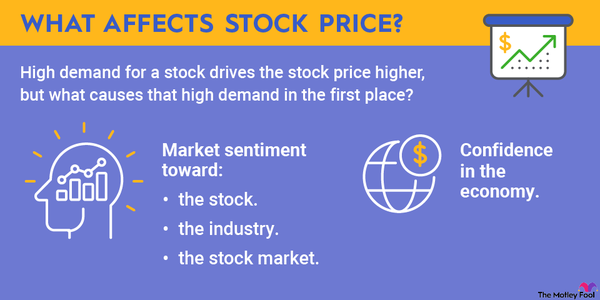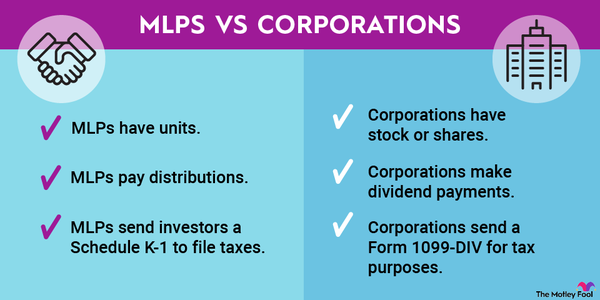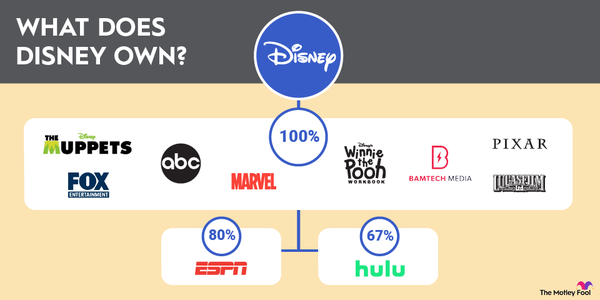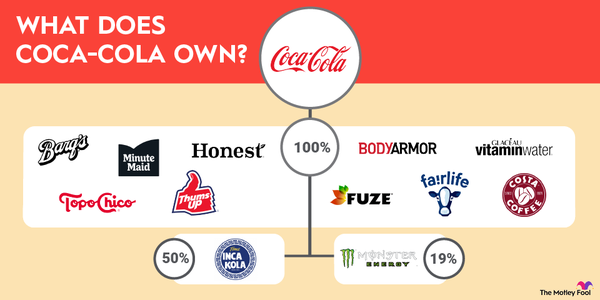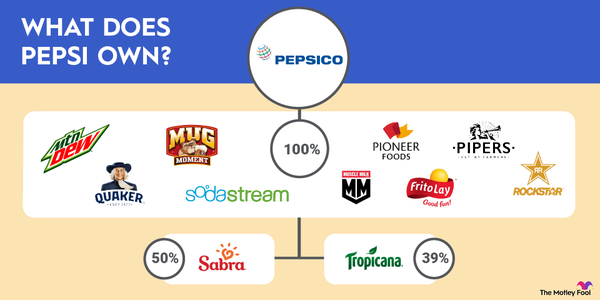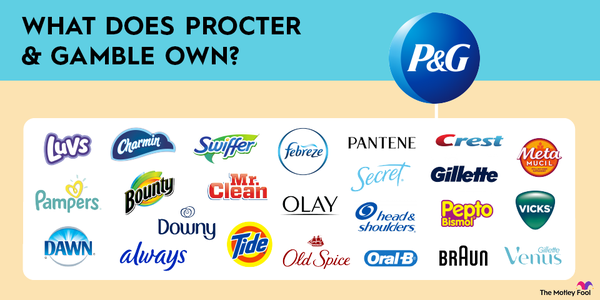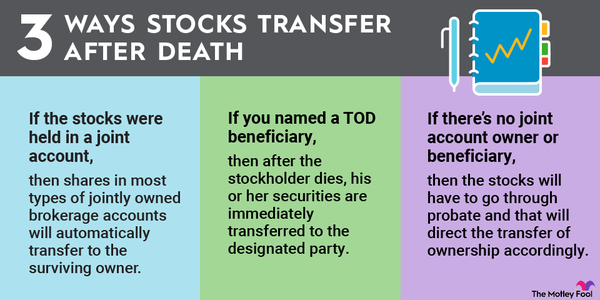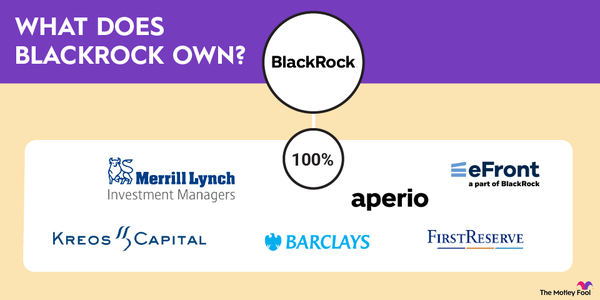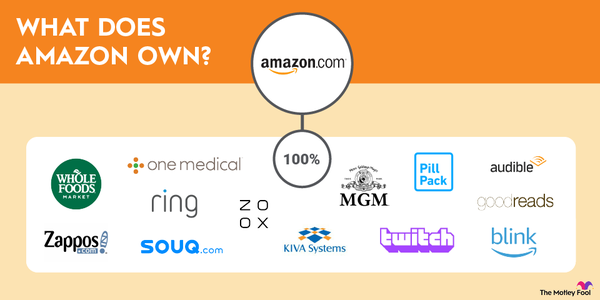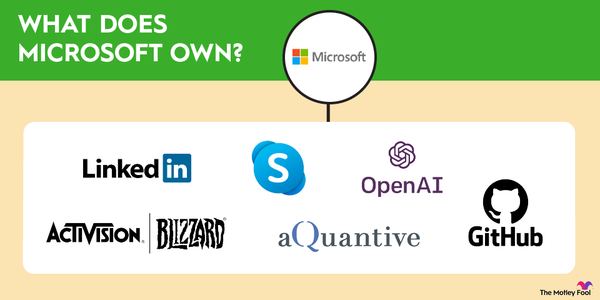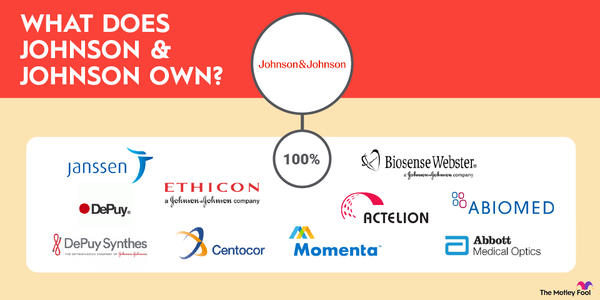Red Bull is known for its energy drinks and extreme sports sponsorships. The company has been particularly adept at marketing due to its allegiance to alternative and extreme sports and marketing slogans like "Red Bull gives you wings."
The company got its start in energy drinks but now produces a wide range of beverages, including sports drinks and organic sodas.

Is it publicly traded?
Is Red Bull publicly traded?
Red Bull is not publicly traded on the stock market. This means you cannot directly buy shares of Red Bull as you would with a publicly traded company like Coca-Cola (KO 0.16%) or PepsiCo (PEP 0.87%). Red Bull operates as a private company. It's owned by its founders and private investors rather than public shareholders. This allows Red Bull to focus on long-term brand building and reinvestment without the pressure of quarterly earnings reports.
Although Red Bull isn't publicly traded, there are several ways investors can gain indirect exposure to its success, including:
- Investing in companies with a similar profile to Red Bull.
- Investing in companies that provide related services to Red Bull.
- Investing in the beverage industry via exchange-traded funds (ETFs).
IPO
IPO
When will Red Bull IPO?
As of now, Red Bull has not announced any plans to go public. An initial public offering (IPO) would involve Red Bull selling shares to the public and being listed on a stock exchange, but there has been no indication from the company that it intends to pursue this path in the near future. Red Bull's business model thrives on its private structure, which supports its one-of-a-kind marketing and business strategies, and an IPO doesn't appear to be of paramount importance.
How to invest
How to buy Red Bull stock
Step 1: Open a brokerage account
The first step to investing in companies related to Red Bull is to open a brokerage account. This account will allow you to buy and sell stocks, ETFs, and other securities. Many online brokers offer easy-to-use platforms and low fees, making them accessible to most investors. Here is what to look for when searching for brokers:
- Commission-free trades: Many brokers offer commission-free trading, which can save you money on each transaction.
- Low or no minimum deposit: Many brokers have eliminated their minimum deposit requirement, making investing easier and more accessible. Consider a low deposit to start out with while you are practicing trading.
- Easy-to-use platform: Choose a brokerage with a platform that is easy to use and navigate.
- Additional features: Access to educational resources, stock analysis tools, and customer support can be very helpful, especially when you are just learning how to invest and trade.
Step 2: Figure out your budget
Before making any investments, it's crucial to determine how much you can afford to invest. Remember, much of this will also revolve around your experience as an investor.
When starting out, stick to a strict budget. Think about your financial goals, risk tolerance, and investment horizon. This will help you decide how much money to allocate toward investments related to Red Bull.
Another factor to consider is diversification. You may want to spread your investment across several companies in the beverage business, as well as different industries altogether.
Step 3: Do research
Although Red Bull is not available for direct stock purchase, there are different companies whose stock price might rise when Red Bull performs well because they are in the same industry or their business provides products or services to the beverage industry.
Step 4: Place an order
With your brokerage account ready, budget in place, and research done, it's time to place your order. You'll have to decide on the type of order you want to place. Here are some examples of the different kinds of stock orders you can use.
Below is an example of buying a stock through Fidelity:

Here are three companies that have ties to Red Bull, providing indirect exposure to the company:
1. Monster Beverage
Since you can't buy Red Bull stock, the simplest alternative would be to invest in one of Red Bull's main competitors, like Monster Beverage (MNST 1.61%). As one of the largest publicly traded beverage companies, Monster Beverage has an incredibly diverse portfolio of energy drinks and a strong financial track record. You could also gain exposure to Monster Beverage through mutual funds and ETFs.
2. Celsius Holdings
Celsius Holdings (CELH -3.33%) is a leading provider of health-focused energy drinks. Its products, which include fitness and performance drinks, are designed to help consumers boost energy and improve physical performance.
Red Bull and many other major energy drink companies compete with Celsius Holdings' growing market presence, which is inserting more of a health focus into the energy drink space. Celsius would be a smart play for someone who wants to take advantage of health-conscious consumers, particularly in an industry (energy drinks) that has been dealing with health controversy.
3. PepsiCo
PepsiCo is a global behemoth of beverage and snack food companies that offers exposure to the energy drink market through its brands like Rockstar Energy. Investing in PepsiCo can provide diversified exposure to the broader beverage industry, including the fast-growing energy drink segment.
Should I invest?
Should I invest in Red Bull-related stocks?
Only you can decide if investing in companies related to Red Bull is right for you. Here are a few reasons you might consider doing so:
- You believe in the resilience of the beverage industry: If you expect steady demand for energy drinks and beverages, companies like Monster Beverage and PepsiCo can be solid long-term investments. The beverage industry is known for its stability and capacity to generate consistent returns, even in uncertain economic times when volatility is omnipresent.
- You believe that innovative marketing will drive growth: Red Bull's marketing strategies and decisions to align themselves with the growing alternative and extreme sports market have set it apart. If you believe that the energy industry will make the necessary pivots in the future, such as embracing e-gaming as it did with skateboarding, then you might want to consider investing.
- You think health and wellness trends will boost energy drink sales: Many consumers are turning to energy drinks for a quick boost in their active lifestyles. Companies like Celsius Holdings that focus on health-conscious energy drinks are well positioned to benefit from this trend.
Conversely, here are some reasons that you might want to pass on such an investment:
- You aren't interested in stocks with limited growth potential: Traditional beverage companies like Red Bull often exhibit slower growth compared to other industries. While they provide stability and steady returns, they may not offer the high growth potential that some investors seek. This can be less appealing to those looking for significant capital appreciation over a shorter period.
- You want something that's insulated from health regulation risks: The energy drink market is subject to regulatory scrutiny regarding health impacts and has come under pressure in recent years with the rise of multiple brands. Changes in regulations or negative health studies can impact company performance and stock prices. For example, tighter regulations on sugar content in beverages have led some companies to reformulate their products. That can affect consumer demand and, consequently, stock prices.
- You feel there will be a reason for high operational costs: Increased costs for ingredients or production can significantly affect a beverage company's financial health and reduce its profit margins, making its stocks less attractive to investors seeking stable returns. If you feel there is a reason this could happen, you might want to avoid investing in the beverage industry.
ETFs
ETFs with exposure to companies similar to Red Bull
| ETF Ticker | Name | Exposure to Beverage Companies | Net assets | Expense Ratio |
|---|---|---|---|---|
| (NYSEMKT:XLP) | Consumer Staples Select Sector SPDR Fund | Includes major beverage companies like Coca-Cola and PepsiCo. | $15.63 billion | 0.09% |
| (NYSEMKT:PBJ) | Invesco Dynamic Food & Beverage ETF |
Focuses on the food and beverage industry, including companies like Coca-Cola. |
$113.34 million | 0.57% |
| (NASDAQ:FTXG) | First Trust Nasdaq Food & Beverage ETF | Targets the food and beverage industry, including major beverage brands. | $39.92 million | 0.60% |
| (NYSEMKT:KXI) | iShares Global Consumer Staples ETF | Global exposure to consumer staples, including major beverage companies. | $848.42 million | 0.41% |
| (NYSEMKT:WDIV) | SPDR S&P Global Dividend ETF |
Includes global dividend-paying companies, including major beverage companies. |
$190.95 million | 0.40% |
The bottom line on investing in Red Bull
You can't invest in Red Bull directly because it's a privately owned company. But if your craving for energy drinks is driving you to invest, you can still get involved in the energy drink market by investing in companies like Monster Beverage, Celsius Holdings, or PepsiCo. These companies are strong players in the industry and offer a way to benefit from the popularity and growth of energy drinks, even without owning Red Bull stock directly.
Related investing topics
FAQ
Investing in Red Bull Stock FAQ
Can I buy stock in Red Bull?
You can't buy Red Bull stock because it is a privately owned company. You can get exposure to energy drinks in your portfolio through publicly traded companies like Monster or PepsiCo.
Is Red Bull listed on the stock market?
No, Red Bull is not listed on the stock market. As a privately held company, it has chosen to stay off the public exchanges. This private status allows Red Bull to operate independently, without the scrutiny and regulatory requirements that come with being a publicly traded company.
Who owns the most shares of Red Bull?
The majority of Red Bull is owned by its co-founders and private investors. Dietrich Mateschitz, one of the co-founders, holds a significant share of the company. The Yoovidhya family, co-founders from Thailand, also owns a substantial portion. Together, they control the company, making key decisions about its operations and strategic direction.
What is the best energy drink to invest in?
While you can't invest directly in Red Bull, there are other compelling options in the energy drink market. Monster Beverage is a top contender, known for its extensive range of energy drinks and strong market presence. Another option is Celsius Holdings, which focuses on health-oriented energy drinks that are gaining popularity among fitness enthusiasts. PepsiCo also offers exposure to the energy drink market through its Rockstar Energy brand.




































